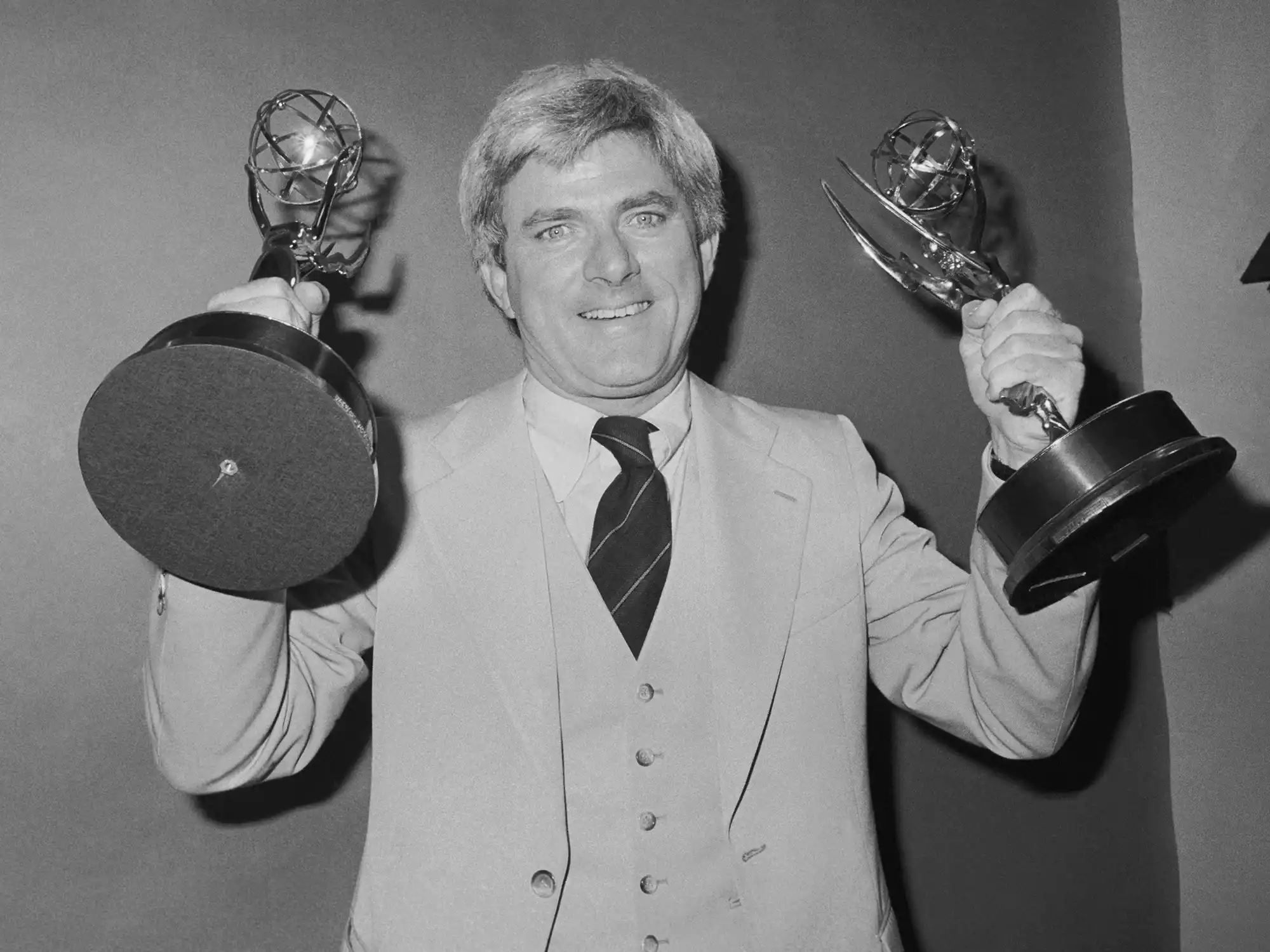On Sunday, August 18, 2024, the world bid farewell to a broadcasting icon, Phil Donahue, who passed away at the age of 88. Revered as the “King of Daytime Talk,” Donahue’s groundbreaking work in television left an indelible mark on the industry, and his legacy continues to inspire generations of journalists and talk show hosts.
A Groundbreaking Career
Born on December 21, 1935, in Cleveland, Ohio, Phil Donahue began his career in the late 1950s in talk radio and television. His passion for media and communication quickly led him to create his own talk show, The Phil Donahue Show, which debuted in Dayton, Ohio, in 1967. The show soon gained national attention for its bold approach to controversial topics and its pioneering format that allowed audience members to ask questions directly to the guests.
In 1971, Donahue took his show behind bars for a weeklong series at the Ohio state penitentiary, a move that underscored his commitment to tackling difficult issues head-on. His willingness to engage with topics that others shied away from set him apart in the world of daytime television.
The Chicago Years: Finding His Niche
The year 1974 marked a pivotal moment in Donahue’s career when he relocated his show to Chicago and rebranded it simply as Donahue. The move to Chicago introduced Donahue to a new and dynamic studio audience, which would become a hallmark of his show’s success. According to Ron Weiner, the former director of Donahue, “When Phil came to Chicago, he found his most important element — the Chicago studio audience.” The interaction between Donahue and his audience was electric, and the show quickly became a national sensation.
Donahue was not just a talk show; it was a platform for social change. The program dedicated its hour-long broadcasts to single issues, exploring topics such as child abuse in the Catholic Church, feminism, and race relations with a depth and seriousness that was unprecedented in daytime television. The show was the first to give voice to audience members, allowing them to participate in the discussion and making them an integral part of the program.
New York and the Global Stage
In January 1985, Donahue moved to New York City, broadcasting live from 30 Rockefeller Plaza. The move to the Big Apple further elevated the show’s profile and allowed Donahue to continue breaking new ground in television. In January 1987, he became the pioneering host to tape five episodes in the Soviet Union, offering American audiences a rare glimpse behind the Iron Curtain during the Cold War.
One of the show’s most significant moments came in March 1990, when Donahue interviewed Nelson Mandela in his first appearance on a talk show via satellite from Lusaka, Zambia. This historic interview showcased Donahue’s ability to connect with global figures and bring important conversations to the forefront of American television.
Donahue’s impact on the political landscape was also evident in April 1992, when his show hosted the leading televised debate between Democratic presidential contenders Bill Clinton and Jerry Brown Jr. The debate, which was conducted without an audience, moderator, or commercial break, exemplified Donahue’s commitment to thoughtful and unfiltered discourse.
A Legacy of Influence
Phil Donahue’s influence on daytime television is immeasurable. Over the years, he interviewed a who’s who of celebrities, politicians, and activists, including Muhammad Ali, Gloria Steinem, Nelson Mandela, and Oprah Winfrey. His show paved the way for other iconic daytime hosts such as Geraldo Rivera, Sally Jesse Raphael, Ricki Lake, Montel Williams, and Oprah Winfrey. Winfrey herself acknowledged Donahue’s impact, stating in the September 2002 issue of O, the Oprah Magazine, “If there had been no Phil Donahue show, there would be no Oprah Winfrey Show.”
Donahue’s work earned him 20 Emmy Awards, including 10 for outstanding host and 10 for the show itself. His commitment to exploring important issues and giving a voice to the voiceless set a new standard for daytime television and left a lasting impact on the industry.
Personal Life and Legacy
In addition to his professional achievements, Phil Donahue was a devoted husband, father, and grandfather. He married actress Marlo Thomas in 1980, and the couple’s marriage became a source of inspiration for many. In 2020, they co-authored the book What Makes a Marriage Last: 40 Celebrated Couples Share with Us the Secrets to a Happy Life. Their relationship, marked by love, listening, and mutual respect, was a testament to the enduring power of partnership.
Donahue’s personal life was not without its challenges. He lost his son, James “Jim” Patrick Donahue, in 2014 to an aortic aneurysm. Despite the tragedy, Donahue remained a loving father to his four surviving children — Michael, Kevin, Daniel, and Mary Rose.
In May 2024, just months before his passing, Donahue was awarded the Presidential Medal of Freedom by President Joe Biden. The honor was a fitting tribute to a man who had spent his life championing free speech, social justice, and the power of dialogue.
A Peaceful Passing
Phil Donahue passed away peacefully at his home on August 18, 2024, surrounded by his family, including his beloved wife Marlo Thomas, his children, and his grandchildren. The family’s statement, first reported by the Today show, noted that he was also accompanied by his sister and his cherished golden retriever, Charlie.
In lieu of flowers, the Donahue family requested that donations be made to St. Jude Children’s Research Hospital or the Phil Donahue/Notre Dame Scholarship Fund, ensuring that his legacy of compassion and giving would continue to benefit others.
